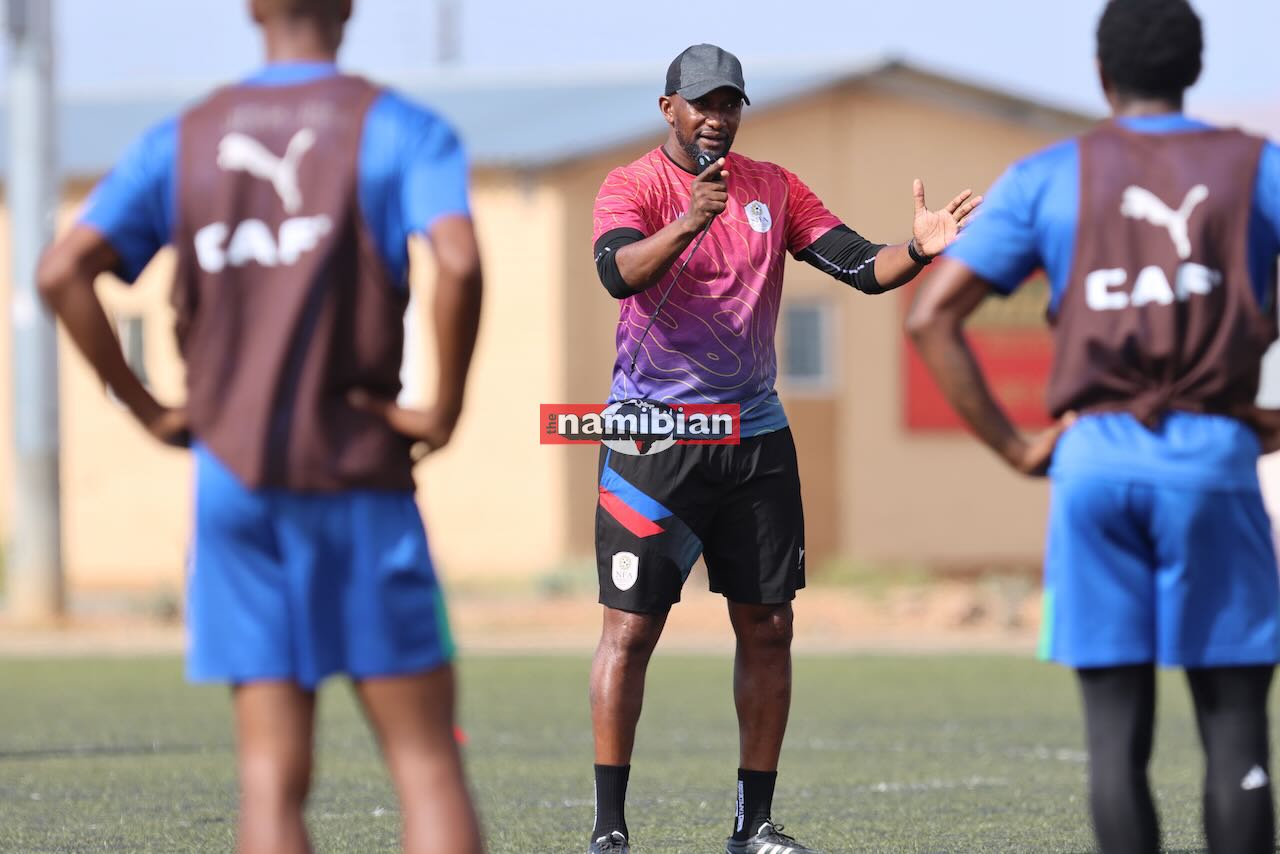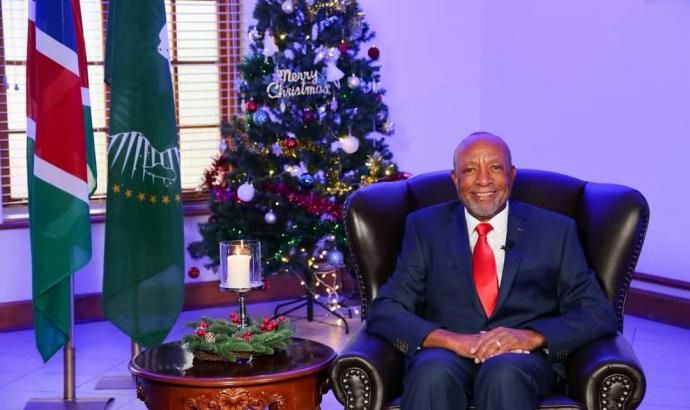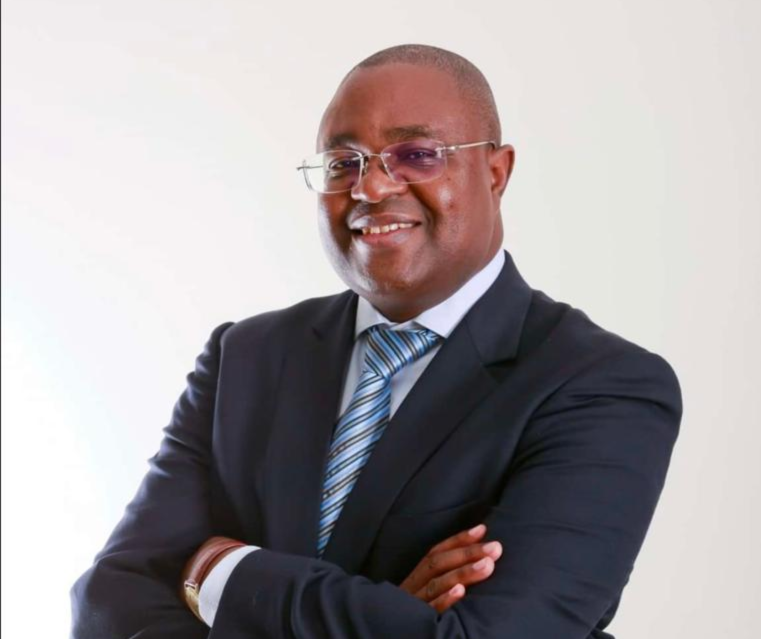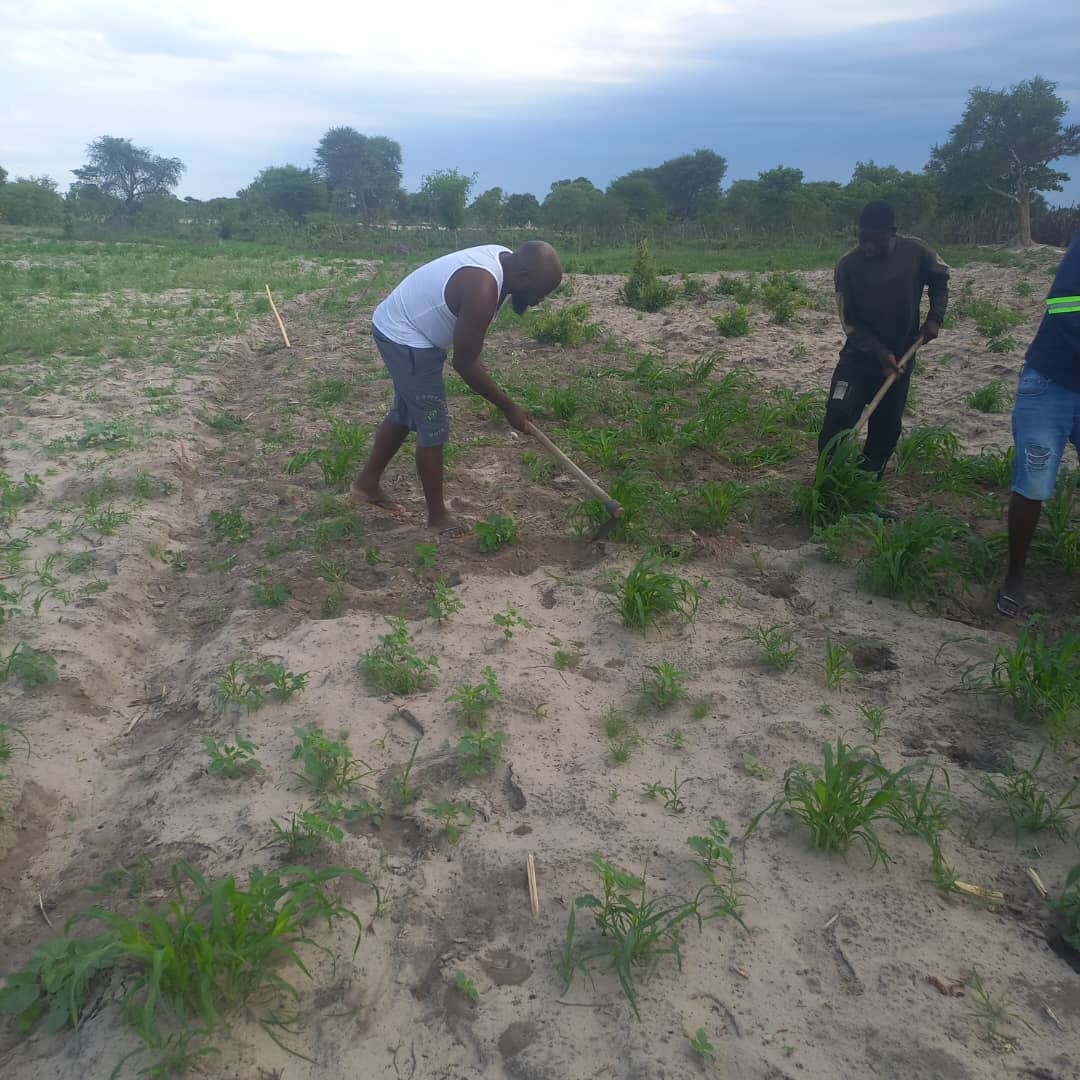Namibia coach Collin Benjamin discusses his side’s start to Fifa World Cup 26 qualifying, leaving a legacy and giving back to his homeland.
Benjamin has lofty ambitions for World Cup 26 qualifying, as he discusses the “unimaginable” impact reaching the global finals would have.
When it comes to Benjamin’s status in Namibia, he is certainly far more than just the country’s national-team coach. During his playing days, he was a mainstay at Hamburg, where his legacy endures, enjoying an exemplary career in European football thanks to his courage and humility.
Aside from his stellar stint in Europe, the 45-year-old is defined by his devotion to his homeland. Motivated by his love for his southern African birthplace, he sees it as his duty to pass on everything he learned from his time overseas.
After over two years at the helm, Benjamin has breathed new life into the team, and is now aiming to take the Brave Warriors to their maiden Fifa World Cup in 2026. He sat down with Fifa to discuss those ambitions, the campaign so far, returning to his homeland, favourite World Cup memories and more.
FIFA: Namibia sit second in Group H, two points behind Tunisia. How would you assess your qualifying campaign so far?
COLLIN BENJAMIN: It’s been quite a challenging journey but also an exciting one. The matches we’ve played so far against Tunisia [0-0], Liberia [1-1], Equatorial Guinea [3-0 away win] and São Tomé and Príncipe [2-0 win] have been tough. We’re in a transitional phase, and it naturally takes time for the players to adapt and for the team to move smoothly from one generation to the next. Being just two points behind Tunisia confirms that we’re on the right track and need to keep pushing forward even harder.
FIFA: How pleased were you with your draw against Tunisia back in June?
CB: If you’d have asked me before the game [if I would have taken a point], I’d have said, ‘Yes’. But, looking at how the match actually went, I think we were the better team that day. We created some clear-cut chances and could have scored. I felt that we actually had a chance to win it – we could have taken the game. But we’ll accept the 0-0 result, learn from our mistakes and focus on improving for the future when we go to Tunisia for the last match in the group.
FIFA: You’re one of many coaches to have enjoyed a successful playing career in Europe before coming back to their homeland. What motivated you to make that decision?
CB: I’d say it comes down to love, responsibility and giving back. I believe it’s our duty to share what we’ve gained. For me, personally, it’s a life principle: what we receive, we must also give back. I only had the opportunity to play in Germany because of what I learned in Namibia. I feel a strong sense of obligation to give back to my country instead of continuing to enjoy a beautiful life in Germany. I chose to return home and to nurture the talent we have, so that perhaps the next generation can also have the opportunity to play in countries like Germany, Italy or England. I see it as a duty and a responsibility, driven by love for my country.
FIFA: As head coach, what legacy do you want to leave on the Namibian national team?
CB: Namibia is a small country, even within the African continent. While we acknowledge our size, we don’t want to be defined by it. Now we are 30 years into our independence, we aim to be brave and competitive against everyone on the African continent. Part of our responsibility, beyond achieving good results for the national team, is for the coaching team to ensure we play well and provide exposure for our players.
We want our players to play in top European and African leagues. We want them to be full-time professionals, which would make our job with the national team easier, because it would raise standards. And if I’m able to help maybe four or five guys to change their lives through football, then I would say I’ve had a successful time and career with the national team.
FIFA: You’ve been in charge of Namibia for two years now. What significant changes or developments have you observed during this time?
CB: Our biggest strides have been in fostering confidence. For example, we went to the AFCON, where we qualified even though we don’t play at home, and we don’t have a home stadium. It’s no secret. Everybody knows that. It took a lot of courage for us to reach the last 16 of the AFCON. We can press our opponents and compete with them. For me, I think the confidence that the players have is the biggest change I’ve seen in our players; they believe in themselves and they’re confident. They know that they can compete with anyone, whether it’s a guy from Morocco, Egypt, Senegal or Cameroon, as long as they’re fit.
FIFA: What impact would qualifying for the World Cup have on Namibia?
CB: It’s unimaginable! We’ve always dreamed of this, and we’ll do everything possible to achieve it. I believe our chances have never been better than they are now. However, there are still many games to play and points to collect. We’re getting out there and working hard. We believe in our ability, and we respect our opponents. But we also know that everything is possible, and we want to compete. We also know that no dream happens just like that. We have to work, and we’re prepared to work.
FIFA: What are your fondest memories of the World Cup as a spectator?
CB: I remember from when I was a child that Roger Milla scored that goal and danced around the corner flag. I remember Senegal going all the way in 2002. They beat France. Not forgetting the last World Cup, with Morocco enjoying an impressive run to the semi-finals.
It doesn’t matter whether I’m Congolese or Namibian, from Botswana or Morocco: those times just make you proud to be African. And those are the memories that we have. Of course, as a child, you look at players like Diego Maradona, Roberto Baggio and Romario, but, as an African, the moments that I just mentioned make us proud and make the dream stay alive. – Fifa.com
Stay informed with The Namibian – your source for credible journalism. Get in-depth reporting and opinions for
only N$85 a month. Invest in journalism, invest in democracy –
Subscribe Now!







